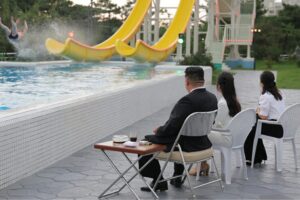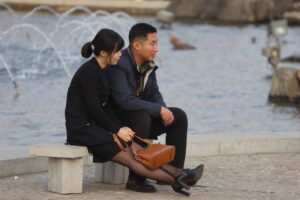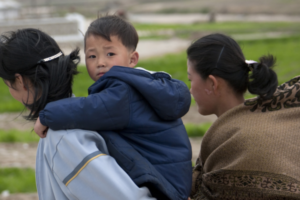Every week we ask a North Korean your questions, giving you the chance to learn more about the country we know so little about. This week, however, we introduce you to our latest contributor, Jinhyok Park.
Hello readers,
Every week we ask a North Korean your questions, giving you the chance to learn more about the country we know so little about. This week, however, we introduce you to our latest contributor, Jinhyok Park.
Hello readers,
Try unlimited access
Only $1 for four weeks
-
Unlimited access to all of NK News: reporting, investigations, analysis
-
Year-one discount if you continue past $1 trial period
-
The NK News Daily Update, an email newsletter to keep you in the loop
-
Searchable archive of all content, photo galleries, special columns
-
Contact NK News reporters with tips or requests for reporting
Get unlimited access to all NK News content, including original reporting, investigations, and analyses by our team of DPRK experts.
Subscribe
now
All major cards accepted. No commitments – you can cancel any time.










